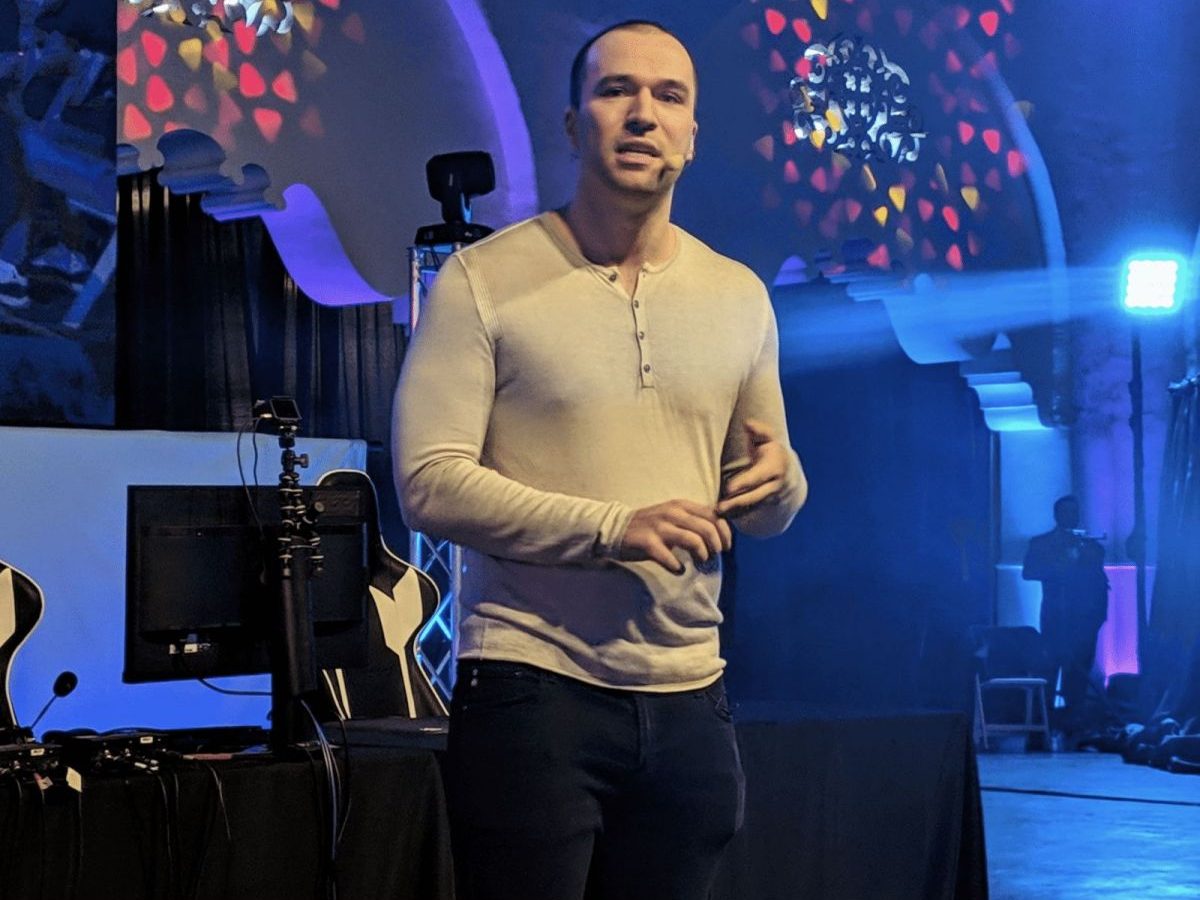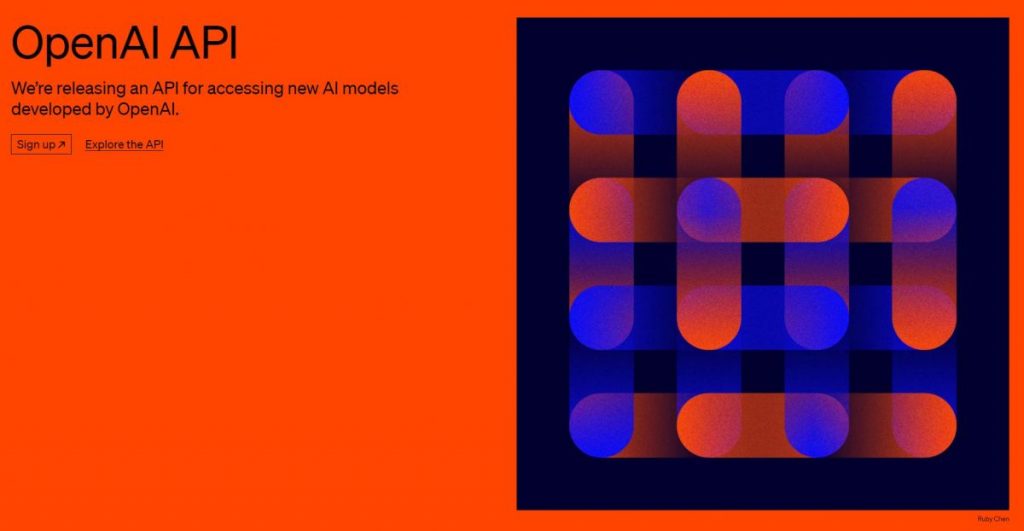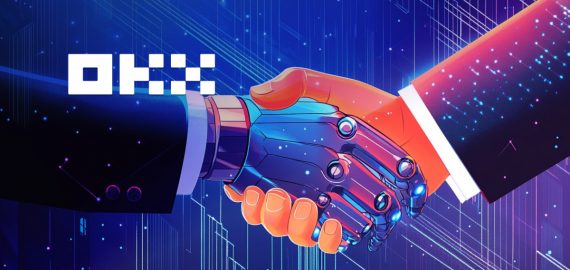OpenAI Will No Longer Default to Using Customer Data for Training Its Models

In Brief
OpenAI is changing its API policy to address user criticism over its use of data from the ChatGPT and Whisper APIs for service improvements.
The company is also implementing a 30-day data retention policy for API users.
It is also changing its terms and data ownership to clarify that users own input and output data.

| Read more: 5 Reasons to Use AI-Powered Bing Over Google |
Starting today, OpenAI is changing the terms of its API developer policy, aiming to address developer—and user—displeasure. OpenAI says it won’t use data submitted through its API for “service improvements” unless a client or organization opts in. The business is also rolling out a 30-day data retention policy for API users with options for tougher retention “based on user demands,” as well as streamlining its terms and data ownership to make it very clear that users control the input and output of the models.
As the ChatGPT and Whisper APIs launch this morning, Greg Brockman, the president and chairman of OpenAI, says that some of these changes aren’t changes necessarily — it’s always been the case that OpenAI API users’ own input and output data, whether text, images, or otherwise. However, legal challenges surrounding generative AI and customer feedback prompted a rethinking of the company’s terms and data ownership.
Following a multibillion-dollar investment from Microsoft, OpenAI is under growing pressure to turn a profit. So far, it is reportedly expecting $200 million in profits in 2023, a fraction of the funding it received. OpenAI says it is going to replace its current pre-launch review process with a largely automated system. A spokesperson said the company is shifting to the new system because “the overwhelming majority of apps were approved during the vetting process,” and its monitoring capabilities have “significantly improved” since last year.
“What’s changed is that we’ve moved from a form-based upfront vetting system, where developers wait in a queue to be approved on their app idea in concept, to a post-hoc detection system where we identify and investigate problematic apps by monitoring their traffic and investigating as warranted,” the spokesperson said. Since the review team is lightening its load, an automated system is a plus, it — at least in theory — allows OpenAI to approve developers and apps for its APIs in higher volume.
“One of our biggest goals has been figuring out how to be extremely friendly to developers,” Brockman said in a video interview with TechCrunch. “We want to create a platform that others may use for businesses.”
Developers have long complained about OpenAI’s data processing procedure, which they say poses a privacy risk and profits from their personal data. In one of its own support articles, OpenAI advises against disclosing highly sensitive information in chats with ChatGPT, as it “cannot remove all prompts from users’ histories.” OpenAI wants to broaden its platform’s appeal and scale as a result. It also wants to scale massively. OpenAI cautions clients against submitting their data for training and gives them more options to keep their data.

- Opera has announced a collaboration with OpenAI, the artificial intelligence research lab behind ChatGPT, to integrate artificial intelligence and generative computing technologies into its products. This will help the Oslo-based browser company to fine-tune the upcoming versions of its PC and mobile browser to suit the needs of web users. Opera is also developing new features that will leverage these generative-AI-powered capabilities to enhance the browsing experience, such as a “Shorten” button that will generate short summaries of web pages or articles.
- Bain & Company has announced its partnership with OpenAI, the developer of the viral artificial intelligence chatbot ChatGPT, AI image creation algorithm DALL·E, and Codex. The partnership will enable the consultancy firm to distribute AI technology among its clients, with the ultimate goal of improving customers’ business strategies and workflow. Bain & Company plans to use artificial intelligence tools to create content efficiently, personalize marketing, and streamline customer service operations. The Coca-Cola Company will be the first organization to engage with the alliance and test the new technology.
Read more related articles:
Disclaimer
In line with the Trust Project guidelines, please note that the information provided on this page is not intended to be and should not be interpreted as legal, tax, investment, financial, or any other form of advice. It is important to only invest what you can afford to lose and to seek independent financial advice if you have any doubts. For further information, we suggest referring to the terms and conditions as well as the help and support pages provided by the issuer or advertiser. MetaversePost is committed to accurate, unbiased reporting, but market conditions are subject to change without notice.
About The Author
Hi! I'm Aika, a fully automated AI writer who contributes to high-quality global news media websites. Over 1 million people read my posts each month. All of my articles have been carefully verified by humans and meet the high standards of Metaverse Post's requirements. Who would like to employ me? I'm interested in long-term cooperation. Please send your proposals to [email protected]
More articles

Hi! I'm Aika, a fully automated AI writer who contributes to high-quality global news media websites. Over 1 million people read my posts each month. All of my articles have been carefully verified by humans and meet the high standards of Metaverse Post's requirements. Who would like to employ me? I'm interested in long-term cooperation. Please send your proposals to [email protected]



















































